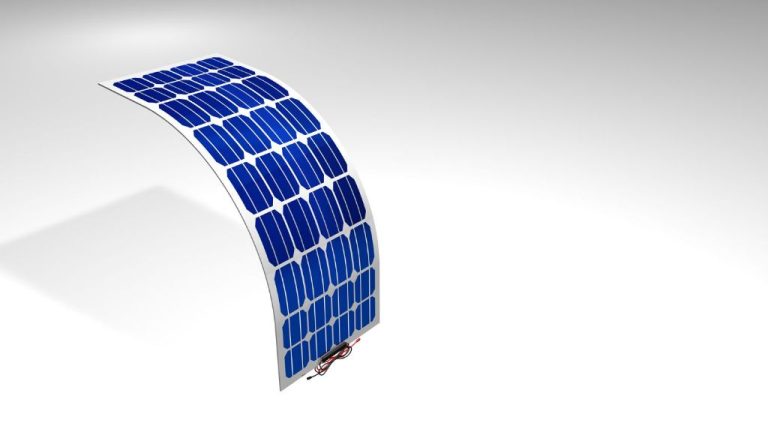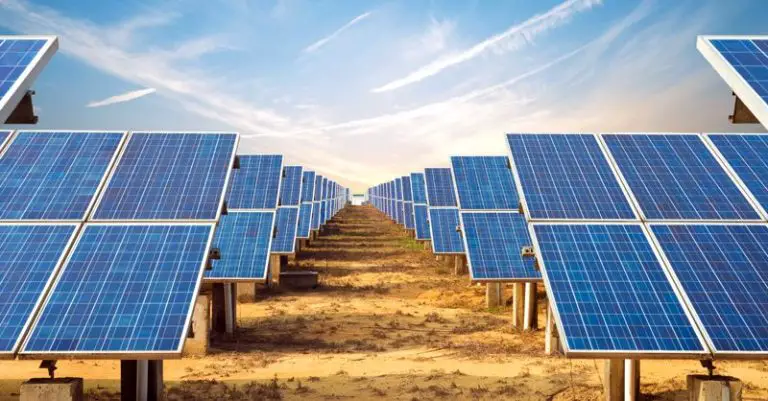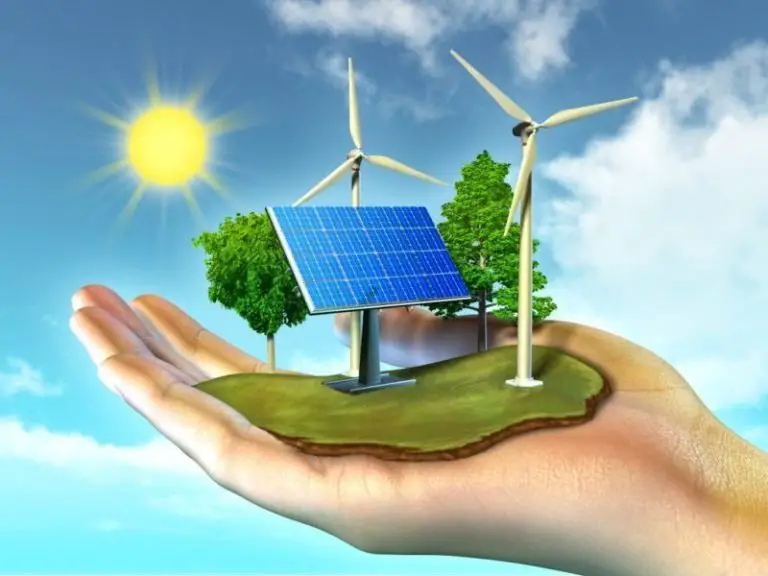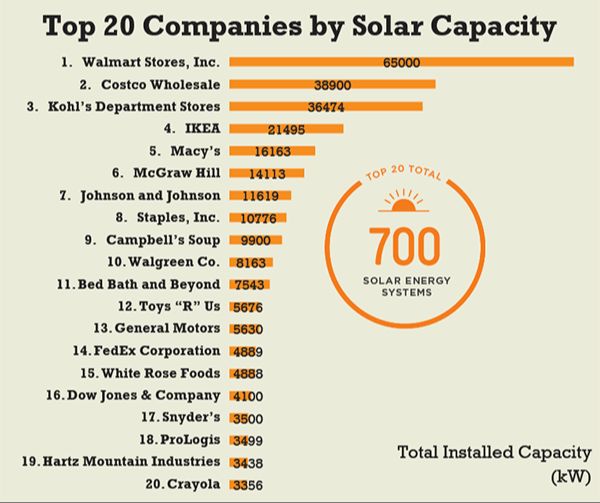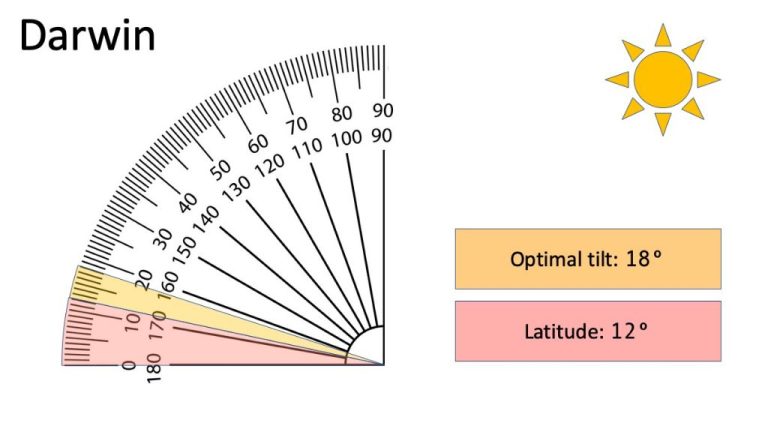Can Solar Panels Damage Appliances?
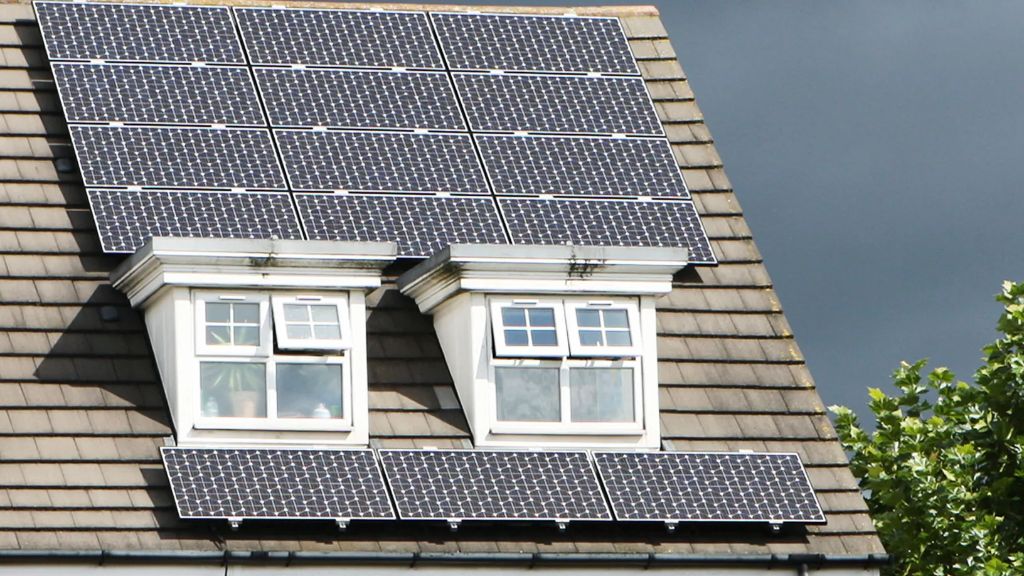
Solar panels are a source of clean, renewable energy that can be used to power household appliances. As more homes add solar panels, some may wonder if these systems can damage appliances that weren’t designed for solar power. This article examines whether solar panels can harm appliances, the potential causes, and steps that can be taken to prevent appliance damage.
How Solar Panels Work
Solar panels, also known as photovoltaic (PV) panels, convert sunlight into electricity using the photovoltaic effect. PV panels consist of small solar cells made from materials like silicon that exhibit the photovoltaic effect (Source: https://www.solarbeglobal.com/how-do-solar-panels-work-step-by-step/). When sunlight hits these solar cells, the photons from the light energize the electrons in the solar cell material, causing them to break free from their atoms. Metal conductive plates on the solar cell collect these free electrons and guide them in a single direction, creating an electrical current. Wires connected to the positive and negative sides of the solar cells allow this electricity to then be used to power appliances and devices. Multiple solar cells wired together make up a single solar panel, which can then be connected together into larger solar arrays to generate even more electricity.
Connecting Solar Panels to Appliances
Solar panels connect to home appliances through the electrical wiring of the house. The solar panels are installed and wired to connect to an inverter or microinverters, which convert the DC electricity from the solar panels into AC electricity that can be used to power home appliances.
There are a few main methods for connecting solar panels to home wiring and appliances:
- Grid-tied solar system – The solar panels connect to the utility grid and household wiring. Any excess solar electricity is fed back into the grid. The home pulls electricity from both the solar panels and grid as needed.
- Off-grid solar system – The solar panels charge batteries which then provide electricity directly to the household wiring and appliances. No connection to the utility grid.
- Grid-tied with battery backup – Connected to the grid but with batteries to store excess solar electricity for use when solar panels are not generating enough.
Proper wiring between the solar panels, inverter, batteries (if applicable), electrical panel, and appliances is crucial for safe and efficient operation. Qualified solar installers handle these electrical connections and modifications to integrate solar panels with household wiring.
When it comes to maximizing efficiency in connecting solar panels to home appliances, exploring various solar panel connection methods becomes essential. As noted in this article, wiring options like microinverters versus central inverters impact how much solar electricity reaches appliances.
Power Surges and Fluctuations
One concern with solar panels is that they can cause power surges and fluctuations that could potentially damage appliances. This is due to the intermittent nature of solar power. Solar panels only produce electricity when the sun is shining on them. Cloud cover or other weather events can suddenly reduce or increase the amount of sunlight reaching the panels, causing abrupt drops or spikes in power output.https://completelysolarpowered.com/do-solar-panels-cause-power-surges/1000
These sudden changes in electricity flow from the solar panels can translate into power surges and fluctuations further down the electrical system. A surge is a short term spike in voltage, while a fluctuation is a longer voltage variation above or below the nominal level.https://completelysolarpowered.com/blog/page/3/ Both can potentially damage appliances and electronics that are sensitive to voltage changes. Things with motors, heating elements, or digital components are particularly vulnerable.
Effects on Appliances
Power surges can have both immediate and long-term detrimental effects on household appliances. According to AC Electric, surges often degrade appliances over time by gradually damaging internal components and wiring [1]. Though an appliance may continue functioning normally at first, the damage caused by repeated power spikes will eventually lead to operational failure.
Lumelectric explains that surges cause internal wire damage each time they occur. While this may not be noticeable right away, it can lead to corrosion, short circuits, and component failure down the road. They recommend considering the age of appliances and how many surges they may have endured when problems arise, as the cumulative damage could be to blame [2]. So even small, frequent surges that don’t immediately affect function can still degrade lifespan and performance.
State Farm notes that surges often damage electronics and appliances progressively, where effects accumulate over time. For example, a TV might display slight intermittent flickering after a minor surge. But repeated hits will eventually cause total failure. So it’s important to be proactive about surge protection before cumulative damage causes appliances to stop working.
Preventing Damage
There are a few key ways to help prevent power surges and fluctuations from solar panels damaging appliances. The first line of defense is installing high-quality surge protection devices throughout the solar power system. Surge protectors help absorb electrical surges and divert excess energy away from appliances. It’s important to use surge protectors designed specifically for solar applications, which can handle the DC power coming from solar panels before it is converted to AC power. Surge protection should be installed at multiple points, including at the main electrical panel, at the inverter, and inline with the solar panels.
Using a high-quality solar inverter is also important for regulating power and preventing surges or fluctuations from reaching appliances. Grid-tied inverters will synchronize the solar power with the main electrical grid to ensure stable AC power. Off-grid inverters also help condition the power from solar panels to prevent damage to electronics.
Finally, adding battery storage can help buffer appliances from sudden spikes or drops in solar power generation. The batteries act as a backup reserve and time-shift solar energy to evening hours. This gives a more consistent power supply that is less prone to fluctuations that could potentially harm appliances.
Proper Sizing
Properly sizing your solar PV system is crucial to avoiding damage to appliances and maximizing energy production. Solar panels produce direct current (DC) electricity that gets converted by an inverter into alternating current (AC) for household use. If the system is undersized, the inverter may struggle to meet the household electrical demand. This can cause voltage drops or surges that appliances aren’t equipped to handle. According to Solardirect, separating AC and DC appliances and calculating their power draw is an important first step in sizing your solar system.
The size of the solar array must match the household’s energy usage. Unbound Solar recommends taking your daily kilowatt-hour energy requirement and dividing it by your peak sun hours to determine the kilowatt output needed from your solar array. A system that is oversized will not cause damage but is an unnecessary expense. The key is to get as close as possible to your actual household usage.
Regular Inspections
To ensure your appliances are protected, it’s important to perform periodic inspections of the solar panel connections and wiring. Faulty wiring and loose connections can lead to voltage spikes or fluctuations when solar electricity flows through them. This can damage sensitive electronics in appliances if they receive inconsistent power.
Schedule inspections according to the solar panel manufacturer’s recommendations, or at least once per year. Look for any worn wiring insulation, corrosion on terminals, or loose plugs/connections. These can cause intermittent contacts which disrupt electricity flow. Tighten any loose connections and replace damaged wires or plugins. Proper maintenance ensures smooth and steady power delivery to appliances.
Inspections are quick and easy for a solar professional to perform. The small investment helps avoid potential appliance damage and costly repairs down the road. Making regular inspections part of the solar panel maintenance plan is a simple way to extend the system and appliance lifespan.
Examples of Damage
There are some real-world examples of solar panels causing damage to appliances. According to one source, “What are the risks of running household appliances from battery-less solar panels connected directly to the grid? No inverter? What can go wrong if someone does this at home?” (Source), connecting appliances directly to solar panels without an inverter can cause damage. The fluctuating DC power from the panels can damage motors in appliances like refrigerators or washing machines.
Another example comes from the source “15 Blunders That Can Ruin Your Solar Power Project” (Source) which states that poor installation or commissioning of solar systems can lead to power surges that damage appliances. For instance, incorrect wiring between the solar panels, charge controller, inverter, and appliances can cause voltage spikes or irregular power flows that harm sensitive electronics.
There are also anecdotal reports online of solar panels causing premature failure of appliances like air conditioners. However, without a proper investigation, it’s difficult to confirm the solar system was at fault. But it’s reasonable to conclude that fluctuating solar power without proper regulation can potentially damage appliances over time.
Conclusion
In summary, solar panels are capable of damaging appliances in some circumstances, but most of the risks can be mitigated through proper installation and maintenance.
The key points are:
- Solar panels work by converting sunlight into DC electricity. This needs to be converted to AC before powering home appliances.
- Power surges and fluctuations that can occur in solar systems may damage electronics if left unchecked.
- Preventing damage involves proper sizing of the system, surge protection, regular inspections, and using high-quality components.
- Potential effects include reduced performance, decreased lifespan, and complete failure of appliances. Sensitive electronics are most at risk.
- With careful system design and maintenance, solar panels can safely power appliances without issue in most homes.
By understanding how to mitigate the risks, homeowners can confidently install solar panels without worrying about impact on appliances. Proper solar installation and maintenance will result in clean, safe power.

